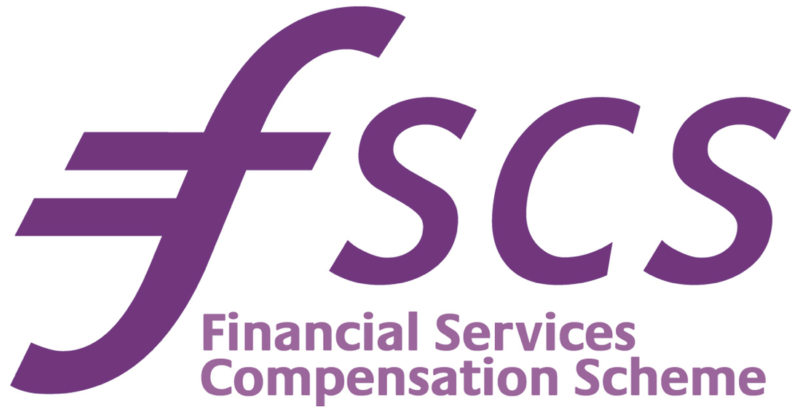Savings accounts are a good way of building up a lump sum of money. You can move part of your pay into one of these accounts in regular intervals.

It’s true that interest rates are not spectacular right now. But setting money aside is a good habit. It means that you have money for a rainy day, and removes the temptation to spend it all at once.
It could also help you get together money for a specific purpose, such as a new car or a mortgage deposit.
-
1
Finding the right provider
There are lots of savings providers, but who can you trust? Use the Fairer Finance tables to find brands whose customers approve of them.
Keep an eye out for providers bearing a Gold, Silver or Bronze Fairer Finance ribbon. You are more likely to have a good experience with one of these providers.
-
2
Easy access accounts
Easy access accounts are savings accounts that you can dip into at any time. You can pay in or take out as much or as little as you would like at any time you like. Many accounts can be opened using a deposit of just £1.
Because they offer flexibility, easy access accounts offer worse interest rates than fixed-term accounts.
You may have to pay tax on any interest you earn in this type of account.
Read more about easy access savings accounts.
-
3
Fixed rate savings accounts
Fixed rate savings accounts lock up your money for a set period of time. You may have to deposit a minimum sum specified by the provider when you open an account.
You might also have the option to deposit money in a set range, for example between £25 and £250, every month.
This type of account is also referred to as a fixed term savings bond.
You may have to pay tax on any interest you earn on this type of account.
Read more about fixed rate savings accounts.
-
4
ISAs
ISAs are Individual Savings Accounts. There are three types of ISA: ‘Cash’, ‘Stocks & Shares’ and ‘Innovative Finance’.
Cash ISAs allow you to save tax-free, while Stocks & Shares ISAs mean that you can be tax-efficient with your investments.
With an Innovative Finance ISA, you can invest tax-efficiently in peer-to-peer investments, but there are not many of these accounts on offer as it stands.
Everybody gets an ISA allowance each year. This is currently £20,000.
This means that you can put up to £20,000 into your ISA, every financial year. This runs from April to March the next calendar year. You can split this allowance between the different types of ISA, in any way you like.
Read more about Cash ISAs and Stocks & Shares ISAs.
-
5
Use a current account as a savings account
At the moment, some current accounts are paying better interest rates than savings accounts. Savers can take advantage of this.
There are no rules against having more than one current account. But each provider may limit the number you can open with them.
You might have to meet certain conditions to receive interest. For example, you might have to pay at least £500 into the account every month.
Say that you need to pay in £500 to the current account you are treating as a savings account. But you can only afford to save £150 a month. The solution is to move £500 from your main current account before moving £350 back.
You can set up standing orders to do this all for you. These can be set up online or in branch, and will move your money automatically on the date you specify.
You need some discipline, as you’ll receive a debit card along with your new current account. Keep it somewhere safe at home. That way, you won't get tempted to make withdrawals from the 'savings' account.
You may have to tax on any interest you receive.
Find the best current account providers with Fairer Finance’s tables.
-
6
Are there any alternatives to cash savings?
It’s understandable not to get excited about the low interest rates on offer in the savings market. Instead, you could choose to invest using a Stocks & Shares ISA, or in a regular investment account.
Investments come with risks, and you could end up with less than you started out with. This type of account is not suitable for everybody. Seek independent financial advice if you’re unsure about it.
If savings accounts seem pointless to you, take a look at NS&I Premium Bonds. This is risk-free account where you could win between £25 and £1 million every month. But it doesn't pay interest.
You can put up to £50,000 into an account, and prizes are tax-free. You need a deposit of at least £100 to open an account.
The downside is, you might not win anything at all – ever! It’s all down to luck. But your money is not at risk.
Even though you can’t lose the money in your account, over time the things we buy become more expensive. The name for this is ‘inflation’. Premium Bonds don’t pay interest, so inflation may outstrip the money you hold in the account.
Say you put £10,000 into Premium Bonds this year. If you withdraw it all in 2030, you may find that you can buy an awful lot less with it.
Read more about Premium Bonds.



